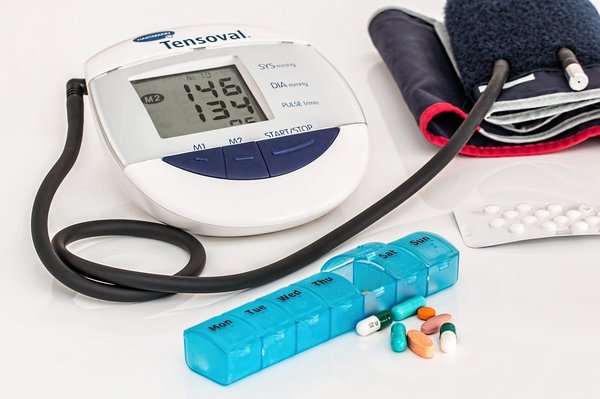News
How do mobile health apps influence patient empowerment and self-care?
A
admin
January 25, 2024
3 min read
In the bustling digital age, technological advancements are revolutionizing countless sectors, including healthcare. One significant innovation is the surge of mobile health (mHealth) apps. These ubiquitous tools offer patients an unprecedented degree of control over their health management, paving the way for greater self-care, and ultimately, empowerment. But how exactly do these apps impact patient empowerment? Let’s delve deeper into this new nexus between technology and health.
Unraveling the Power of mHealth Apps
MHealth apps have been an absolute game changer in the healthcare industry. Armed with a smartphone, individuals have access to a wealth of medical information, tracking tools, and personalized care plans. With apps, patients are no longer passive recipients of health care; they are active participants in their journey to wellness.
A study published on PubMed highlights the perceived ease of use and convenience of these apps, which significantly contributes to their popularity. For instance, a user can effortlessly monitor their blood pressure, sleep patterns, or heart rate, providing them with invaluable insights into their health status. This hands-on approach to health management promotes self-care, as individuals learn to take charge of their wellbeing.
Promoting Patient Empowerment and Self-Care
What exactly does patient empowerment mean? It entails the ability of patients to actively participate in their care, make informed decisions, and take control of their disease management. MHealth apps have emerged as a powerful catalyst for this empowerment.
A systematic review on Google Scholar revealed that patients who regularly use health apps report better self-management of their health conditions compared to a control group who do not use these apps. Furthermore, mobile health apps bridge the gap between individuals and healthcare providers by facilitating communication, scheduling appointments, and providing reminders for medication, thereby enhancing primary care.
These apps also introduce an element of self-care, as users can manage their health conditions and monitor their progress without the constant need for professional intervention. For instance, a diabetes patient may use an app to monitor glucose levels, plan meals, and get reminders for insulin injections. This self-care aspect not only fosters a sense of autonomy but also promotes consistent and effective disease management.
The Role of Accessible Medical Information
Knowledge is power, and in the context of health care, it is life-saving. MHealth apps serve as a vast reservoir of medical information. Through these apps, users can access free full text articles from PubMed, CrossRef Medline, and Google Scholar, among others. These resources empower patients to make informed decisions about their health and actively participate in their care.
Besides, this readily available information also demystifies medical jargon, making it easier for individuals to understand their health conditions and treatments. This transparency fosters trust in healthcare providers and encourages adherence to treatment plans, contributing to improved patient outcomes.
Conclusion: The Transformative Impact of MHealth Apps
The era of patients passively awaiting instructions is fading fast, replaced by a culture of self-management and patient empowerment. Mobile health apps are at the helm of this transformation, democratizing health care by providing users with the tools they need to take control of their health.
These apps foster patient empowerment by assisting in disease management, facilitating communication with healthcare providers, and providing accessible medical information. Moreover, they encourage self-care, as individuals can monitor their health status, adhere to treatment plans, and make informed decisions about their care.
In essence, mHealth apps are not just transforming how we manage our health; they are redefining our relationship with healthcare. By placing control back into the hands of the patients, these apps have initiated a new era of patient empowerment and self-care. This shift towards a more participatory approach in health care is a significant stride towards better health outcomes, quality of life, and ultimately, a healthier society.
News
View all articles News →
